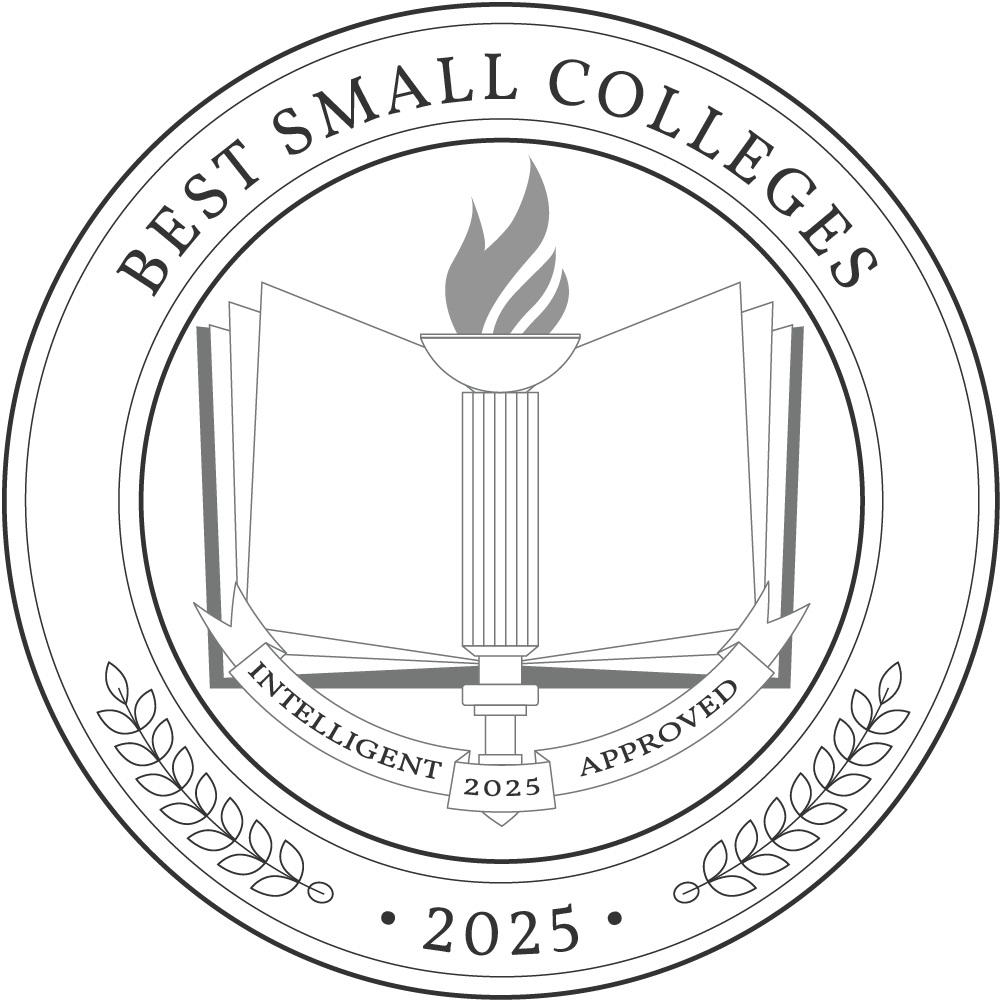Our Research
To determine the best small colleges, we looked for schools with a total enrollment of under 5,000 students, a focus on undergraduate teaching and learning, a low student to faculty ratio, and small class sizes. We also looked for schools that offer some of the resources typically associated with large research universities.
Another important factor is accreditation — we only chose schools that have been accredited by institutions such as the Higher Learning Commission, the Southern Association of Colleges and Schools Commission on Colleges, and the Middle States Commission on Higher Education. Such accreditation ensures that the program offers academic quality and that you will be able to transfer your credits between institutions.
- 23 hours to write this article
- 70 universities and colleges we assessed
- 136 education programs we compared
Why Trust Us
The Intelligent.com Higher Education Team is dedicated to providing students with independent, equitable school and program rankings and well-researched resources. Our expert-driven articles cover topics related to online colleges and programs, paying for school, and career outlooks. We use data from the U.S. Department of Education’s College Scorecard, the National Center for Education Statistics, and other reputable educational and professional organizations. Our academic advisory team reviews content and verifies accuracy throughout the year for the most current information. Partnerships do not influence rankings or editorial decisions.
- Analyzed over 2,000 national, accredited, and nonprofit colleges and universities
- 800+ rankings pages are reviewed and updated yearly
- Content is informed by reputable sources, surveys, and interviews with academic advisors and other experts
- Over 100 data points are reviewed for accuracy and quality throughout the year, including sources
How we rank schools
Our list features the best Small Colleges nationwide. Each school featured is a nonprofit, accredited institution — either public or private — with a high standard of academic quality for post-secondary institutions.
We evaluated each school’s program on tuition costs, admission, retention and graduation rates, faculty, reputation, and the student resources provided for online students. We collected data from trusted sources like the National Center for Education Statistics, individual school and program websites, school admissions counselors, and other data sources. Then, we calculated the Intelligent Score on a scale of 0 to 100 based on the following criterion:
Academic Quality:
- Admission rate versus enrollment rate
- Retention rate of students who return after year one
- Accreditation status (regional and programmatic)
- Nonprofit status, both private and public institutions
Graduation Rate
- Overall graduation rate
- Total number of currently enrolled students, including diversity metrics
- Student-to-faculty ratio
Cost and ROI
- In-state and out-of-state per-credit tuition rates and fees
- Required credits to graduate
- Earning potential after graduation
- Availability of federal student loans, scholarships, and other financial aid options
Student Resources
- Available student services for online-only and hybrid programs
- On-campus amenities like tutoring centers and the number of libraries
Read more about our ranking methodology.
The Top 50 Best Small Colleges
FiltersInstitution Type
Status
- Intelligent Score
- Alphabetically By University Name
- Acceptance Rate
- Enrollment
- In-state Graduate Tuition
- Out-of-state Graduate Tuition
- In-state Undergraduate Tuition
- Out-of-state Undergraduate Tuition
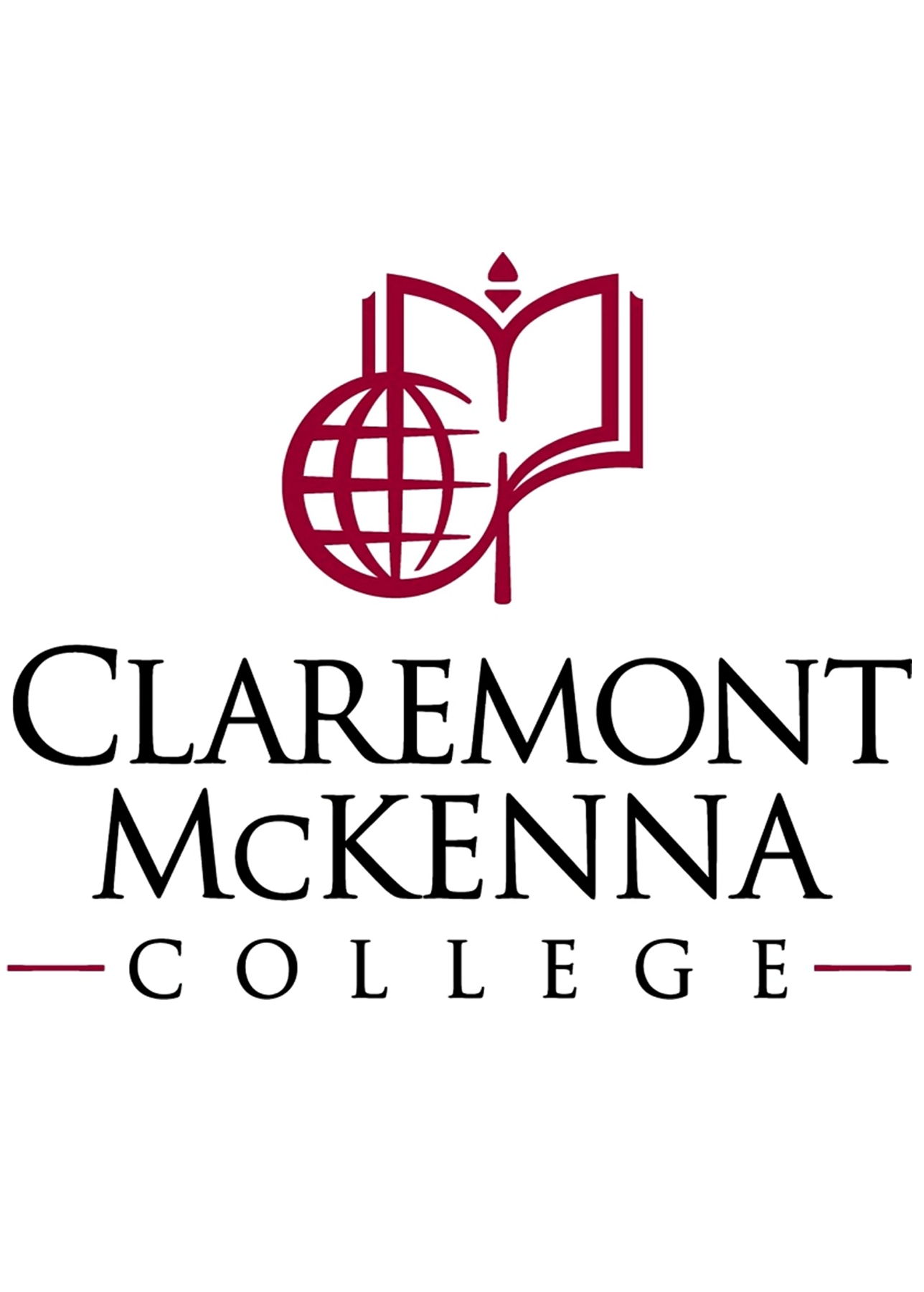
Claremont McKenna College
Intelligent Score: 99.27In-state: $56,190
Out-of-state: $56,190
In-state: $64,288
Out-of-state: $64,288
SAT: 1330-1500
ACT: 31-34
$28,095 per semester
On-campus
WASC Senior College and University Commission
120-128 credits

New College of Florida
Intelligent Score: 99.19In-state: $21,677
Out-of-state: $44,705
In-state: $29,944
Out-of-state: $29,944
SAT: 1110-1360
ACT: 24-31
$105.07 - $609.23 per credit
Online, On-campus
Southern Association of Colleges and Schools Commission on Colleges
120 credits
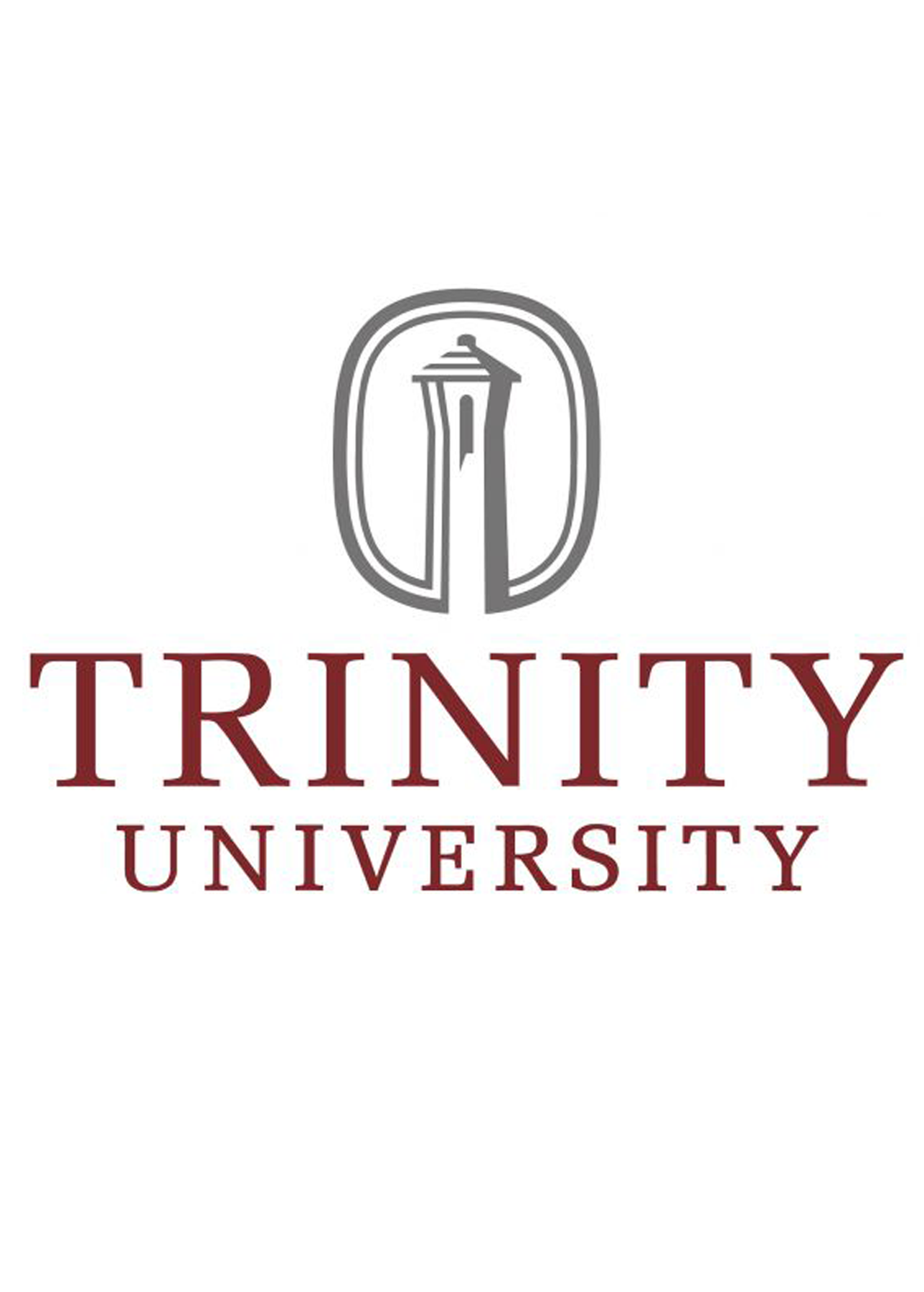
Trinity University
Intelligent Score: 99.18In-state: $45,840
Out-of-state: $45,840
In-state: $23,597
Out-of-state: $23,597
SAT: 1250-1420
ACT: 28-32
$1,273 - $1,836 per credit
Hybrid
Southern Association of Colleges and Schools Commission on Colleges
120-141 credits

Franklin and Marshall College
Intelligent Score: 99In-state: NA
Out-of-state: NA
In-state: NA
Out-of-state: NA
SAT: N/A
ACT: N/A
$30,436 per semester
Hybrid
Middle States Commission on Higher Education
32 course credits

Goshen College
Intelligent Score: 98.89In-state: $35,230
Out-of-state: $35,230
In-state: $29,098
Out-of-state: $29,098
SAT: 940-1175
ACT: 20-28
$470 - $1,475 per credit
Online, On-campus
Higher Learning Commission
120-124 credits
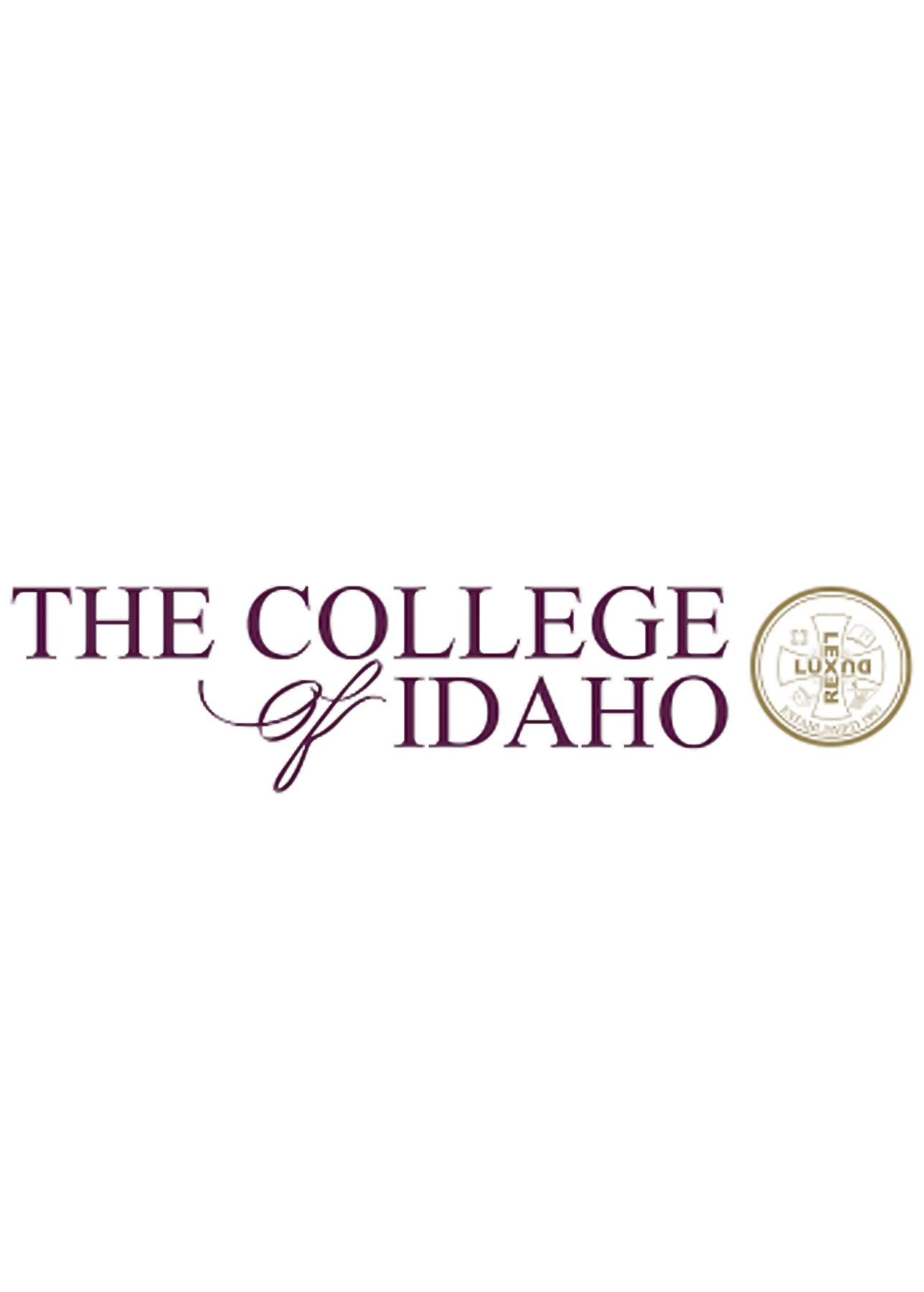
The College of Idaho
Intelligent Score: 98.06In-state: $32,100
Out-of-state: $32,100
In-state: $18,965
Out-of-state: $18,965
SAT: 1050-1240
ACT: 21-26

Freed-Hardeman University
Intelligent Score: 97.41In-state: $22,950
Out-of-state: $22,950
In-state: $10,980
Out-of-state: $10,980
SAT: 1010-1270
ACT: 21-27
$610 per credit
Hybrid
Southern Association of Colleges and Schools Commission on Colleges
126-150 credits

Amherst College
Intelligent Score: 95.91In-state: NA
Out-of-state: NA
In-state: NA
Out-of-state: NA
SAT: 1430-1560
ACT: 32-35
$29,945 per semester
Online, On-campus
New England Commission of Higher Education
120-128 credits

Kenyon College
Intelligent Score: 95.33In-state: NA
Out-of-state: NA
In-state: NA
Out-of-state: NA
SAT: 1280-1460
ACT: 30-33
$2,102 per credit
Hybrid
Higher Learning Commission
128 credits

California Institute of Technology
Intelligent Score: 94.03In-state: $54,570
Out-of-state: $54,570
In-state: $54,570
Out-of-state: $54,570
SAT: 1530-1580
ACT: 35-36
$1,819 per credit
Online, On-campus
WASC Senior College and University Commission
120 credits

Bowdoin College
Intelligent Score: 92.66In-state: NA
Out-of-state: NA
In-state: NA
Out-of-state: NA
SAT: N/A
ACT: N/A
$27,911 per semester
Hybrid
New England Commission of Higher Education
32 quarter credits

Swarthmore College
Intelligent Score: 92.39In-state: NA
Out-of-state: NA
In-state: NA
Out-of-state: NA
SAT: 1395-1540
ACT: 31-34
$6,782 per course credit
On-campus
Middle States Commission on Higher Education
32 course credits
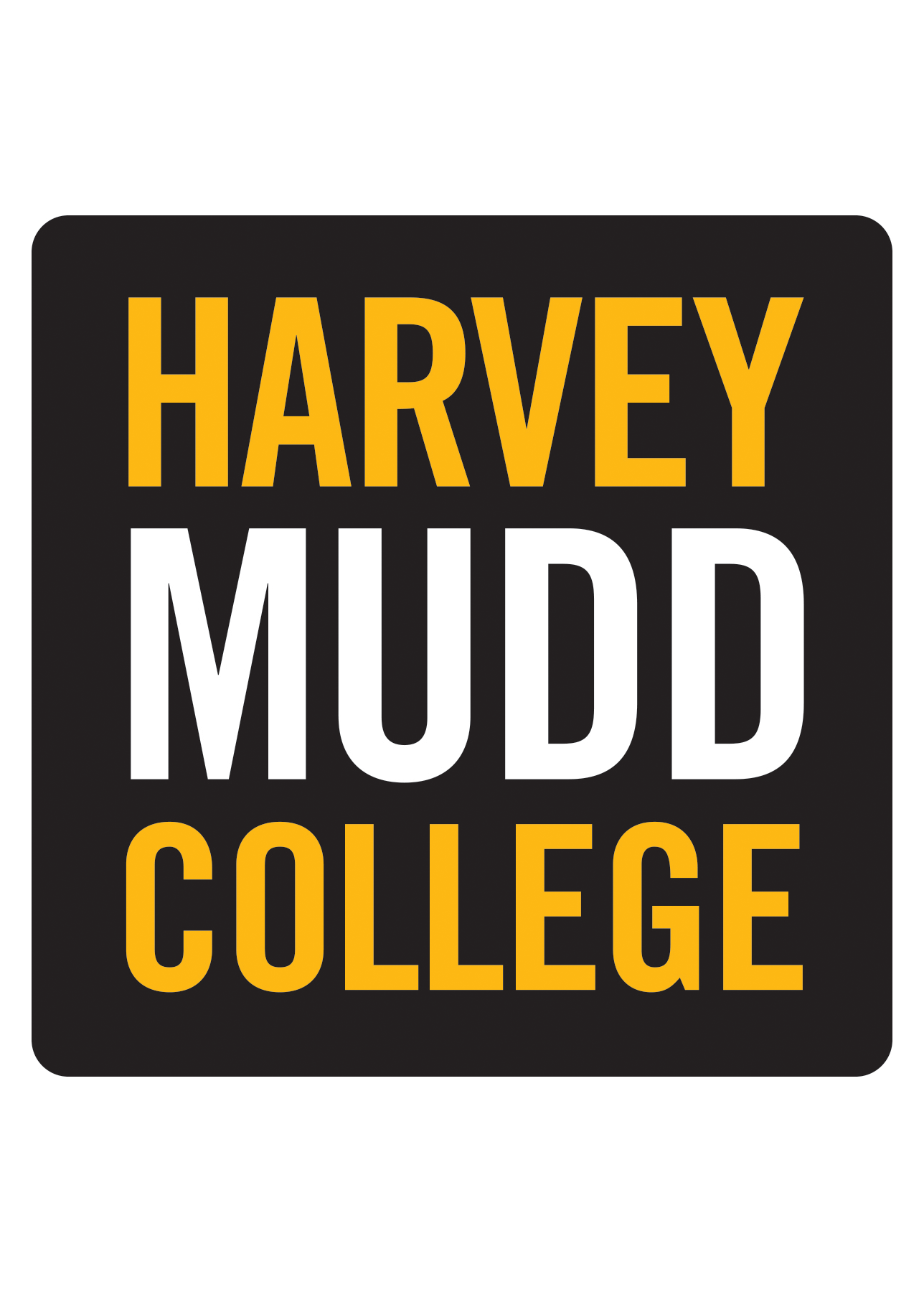
Harvey Mudd College
Intelligent Score: 91.28In-state: NA
Out-of-state: NA
In-state: NA
Out-of-state: NA
SAT: 1490-1570
ACT: 34-35
$1,945 per credit
Hybrid
WASC Senior College and University Commission
125 credits

Washington and Lee University
Intelligent Score: 89.02In-state: NA
Out-of-state: NA
In-state: NA
Out-of-state: NA
SAT: 1350-1500
ACT: 32-34
$51,060 - $58,260 per year
On-campus
Southern Association of Colleges and Schools Commission on Colleges
30-50 course credits
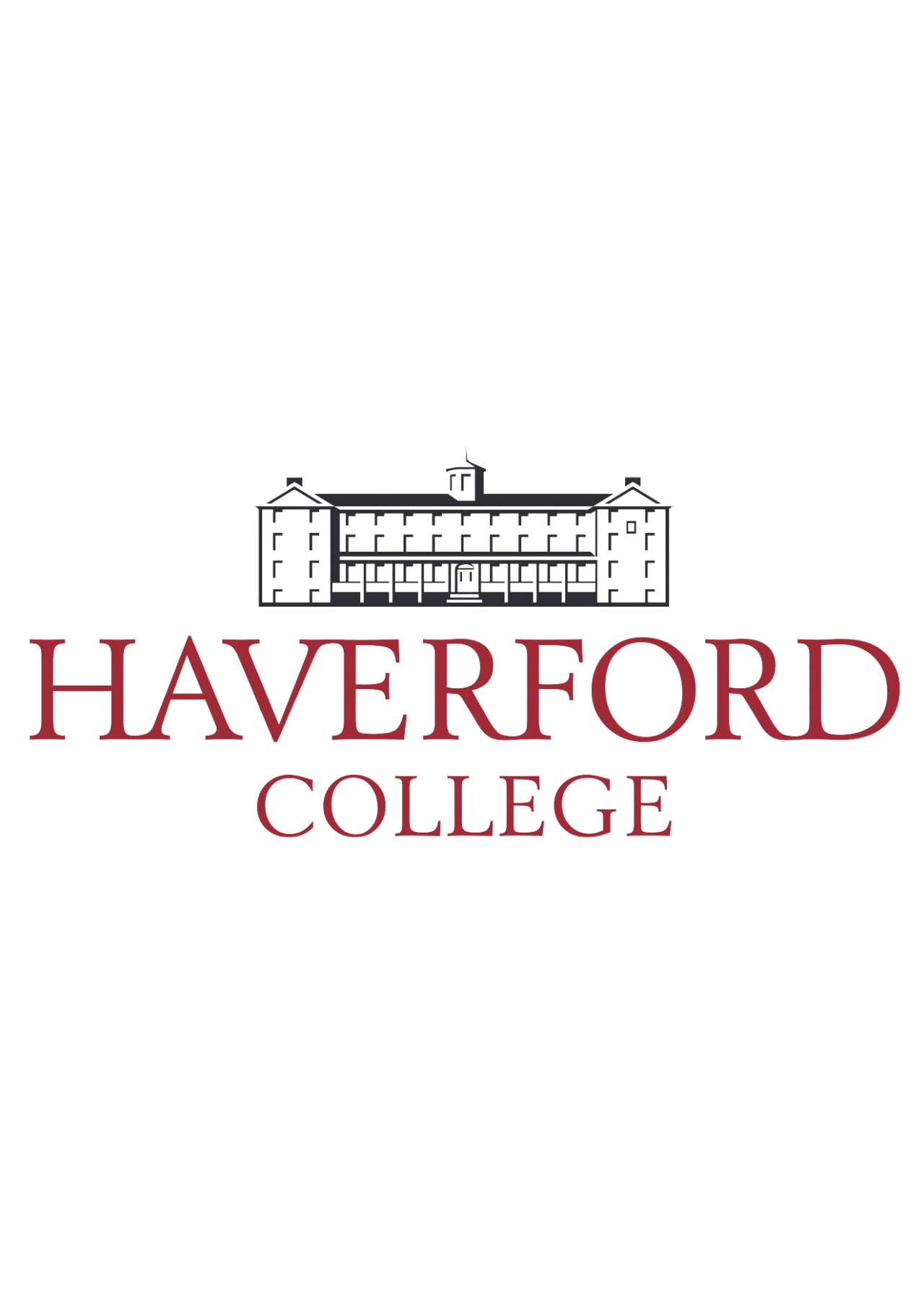
Haverford College
Intelligent Score: 87.67In-state: NA
Out-of-state: NA
In-state: NA
Out-of-state: NA
SAT: 1360-1520
ACT: 32-35
$60,442 per year
On-campus
Middle States Commission on Higher Education
32 course credits
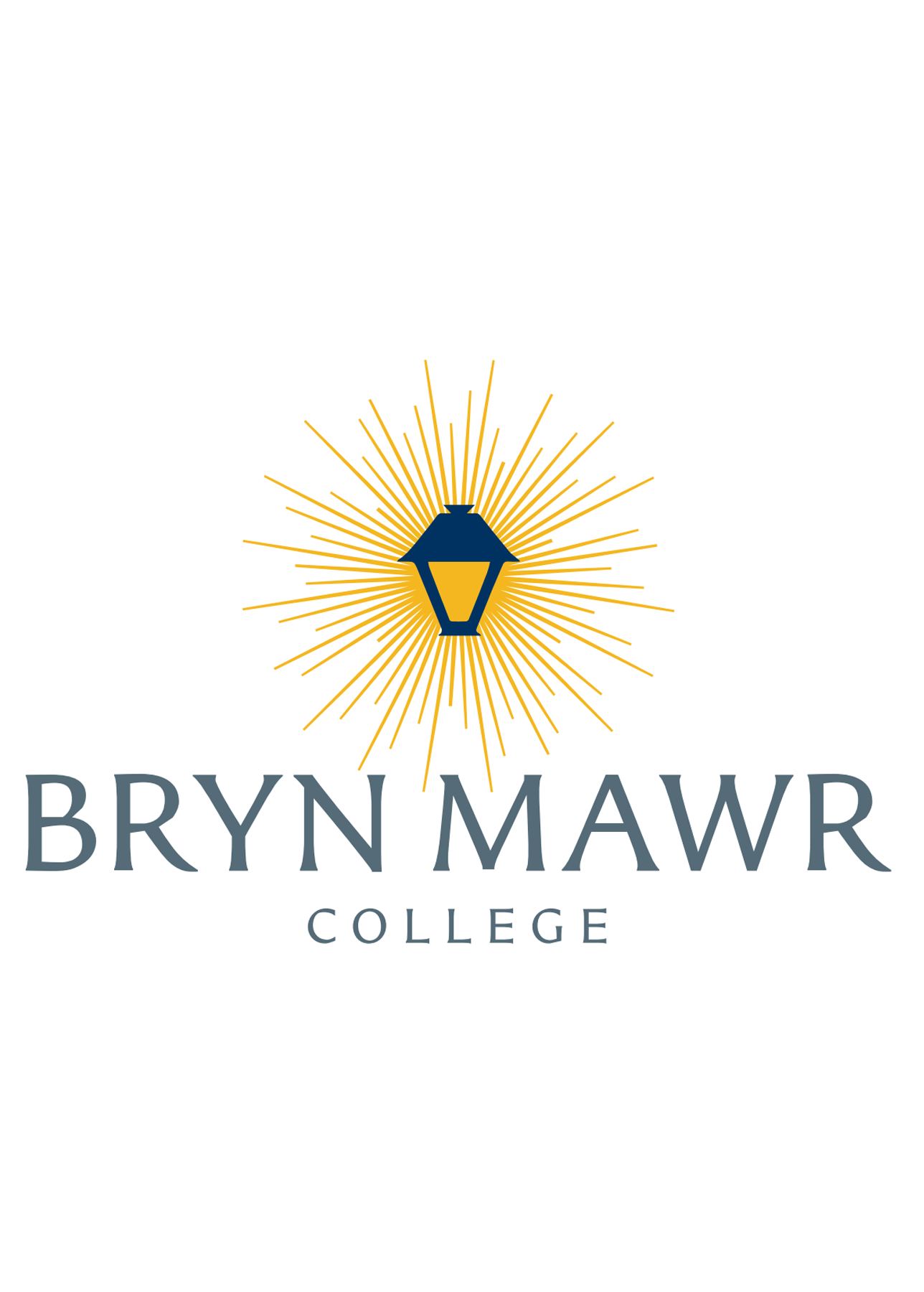
Bryn Mawr College
Intelligent Score: 87.63In-state: $53,180
Out-of-state: $53,180
In-state: $45,240
Out-of-state: $45,240
SAT: N/A
ACT: N/A
$1,661.87 per credit
On-campus
Middle States Commission on Higher Education
128 credits

Hamilton College
Intelligent Score: 87.42In-state: NA
Out-of-state: NA
In-state: NA
Out-of-state: NA
SAT: 1380-1510
ACT: 32-34
$59,380 per year
Hybrid
Middle States Commission on Higher Education
128 credits
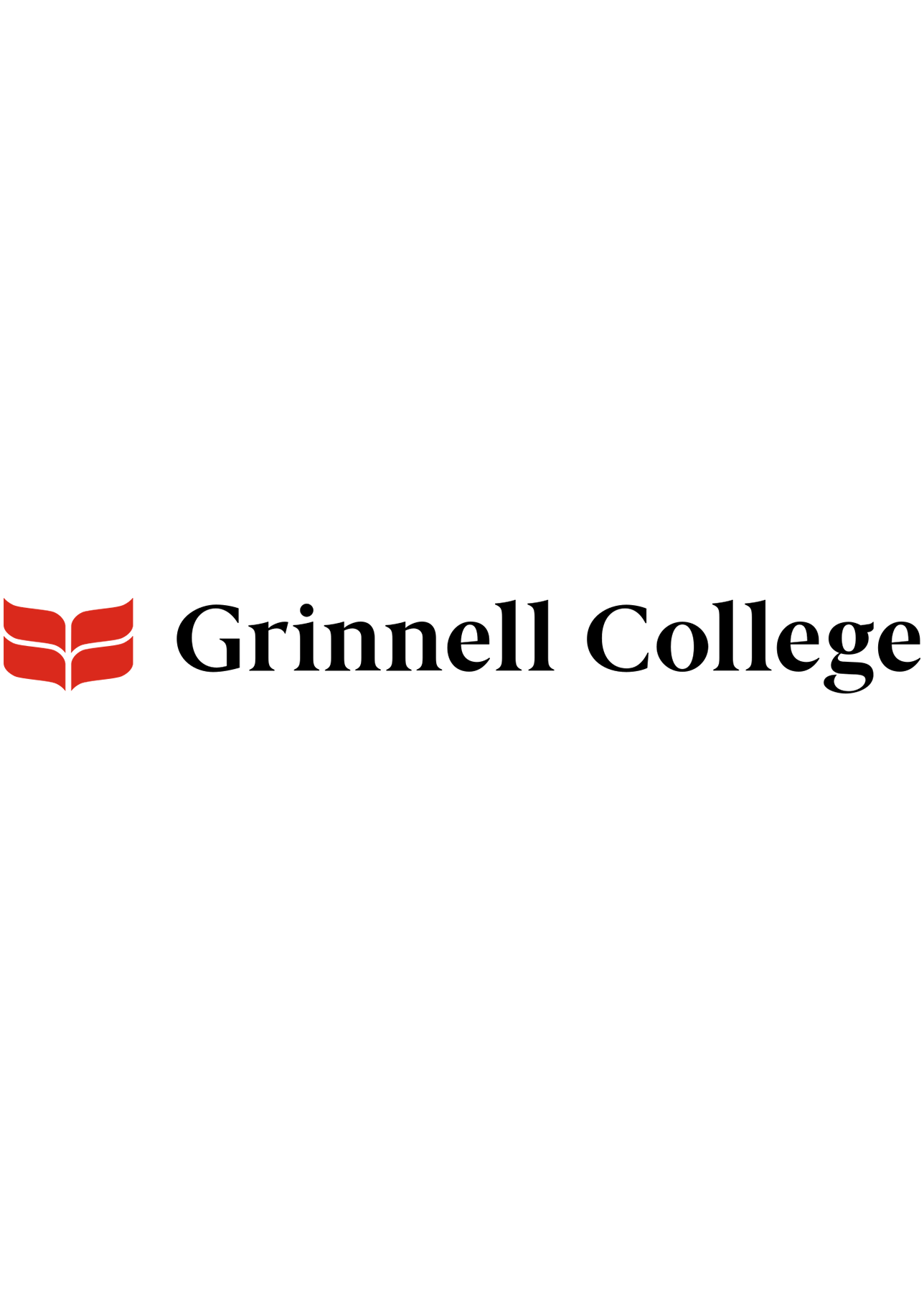
Grinnell College
Intelligent Score: 86.68In-state: NA
Out-of-state: NA
In-state: NA
Out-of-state: NA
SAT: 1353-1538
ACT: 30-34
What You Should Know About Small Colleges
You’ll have small classes. If you attend a large research university, you’ll often find yourself in big lecture halls that seat hundreds of students. At a small college, the majority of your classes will probably have 20 students or less, which means you can have more meaningful and sustained interactions with your peers and professors.
Athletic opportunities might be more accessible. Many small colleges compete in small athletic conferences such as Division III. Teams usually need a set number of members regardless of the size of the school, and small colleges have a smaller pool of athletes to pull from, so you have a greater chance of making a varsity team.
Fewer students probably means a smaller social circle. One of the most exciting aspects of college is getting to befriend people from all walks of life and experiences. At a small college, the pool of potential friends may be smaller than it would be at a larger university. That said, small colleges often cultivate a close-knit, welcoming campus community.
What’s Next?
Choosing a small college is a major decision, so you should start building your list as soon as possible. Here are a few key things to consider:
- Active class participation. At a small college, you’re more than just a statistic. Your professors will probably know you by name, and you’ll be expected to actively participate in all of your classes. Whereas at a large research university classes might be taught by graduate students or professors might be preoccupied with their research, at a small college your professors put a greater focus on mentorship. They’re excited to be in the classroom, and they expect you to come to class prepared and willing to participate. Small colleges aren’t well-suited to students who want to coast by in the back of the room with their head down.
- Consider resources. Smaller colleges usually have access to fewer resources compared to large universities. A small college’s library, laboratories, and research opportunities are sometimes lesser than those at bigger universities. When building your list, be sure to think about the resources that are most central to your personal and academic goals, and try to find schools that offer those non-negotiables.
- Talk to current students. Many admissions offices are happy to put you in touch with one or more current students who can give you a better sense of what life at the college looks like on a day-to-day basis. Some colleges also allow prospective students to sit in on a class, eat at the dining hall, or even stay for an overnight visit. These are great ways to experience the community of a small college firsthand.
- Save money and apply for scholarships. Small colleges come with a big price tag. The vast majority of small colleges are private universities, meaning that they do not offer in-state tuition benefits. It’s important to sit down with your family and assess what the schools on your list cost, how much your family is able to contribute, and how much financial aid and scholarship support you will need in order to attend. The most prestigious small colleges usually commit to meeting 100% of your family’s demonstrated financial need, and others offer merit-based scholarships. See the FAFSA and CSS for more information on financial aid, and CareerOneStop’s Scholarship Finder offers more information on finding scholarships.
